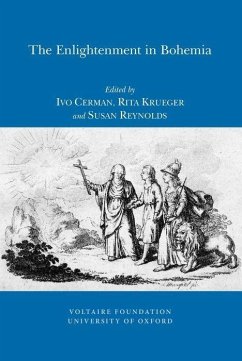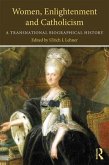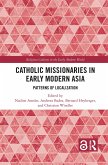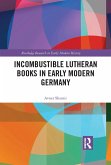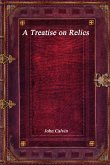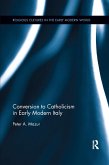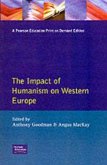Recent discussion of the European Enlightenment has tended to highlight its radical, atheist currents of thought and their relation to modernity, but much less attention has been paid to the importance of religion. Contributors to The Enlightenment in Bohemia redress this balance by focusing on the interactions of moral philosophy and Catholic theology in Central Europe. Bohemia's vibrant plurality of cultures provides a unique insight into different manifestations of Enlightenment, from the Aufklärung of scholars and priests to the aristocratic Lumières and the Jewish Haskalah. Four key areas of interest are highlighted: the institutional background and media which disseminated moral knowledge, developments in secular philosophy, the theology of the Josephist Church and ethical debates within the Jewish Haskalah. At the centre of this fertile intellectual environment is the presence of Karl Heinrich Seibt, theologian and teacher, whose pupils and colleagues penetrated the diverse milieus of multicultural Bohemia. The Enlightenment in Bohemia brings fresh insights into the nature and transmission of ideas in eighteenth-century Europe. It reaffirms the existence of a religious Enlightenment, and replaces the traditional context of 'nation' with a new awareness of intersecting national and linguistic cultures, which has a particular relevance today.

